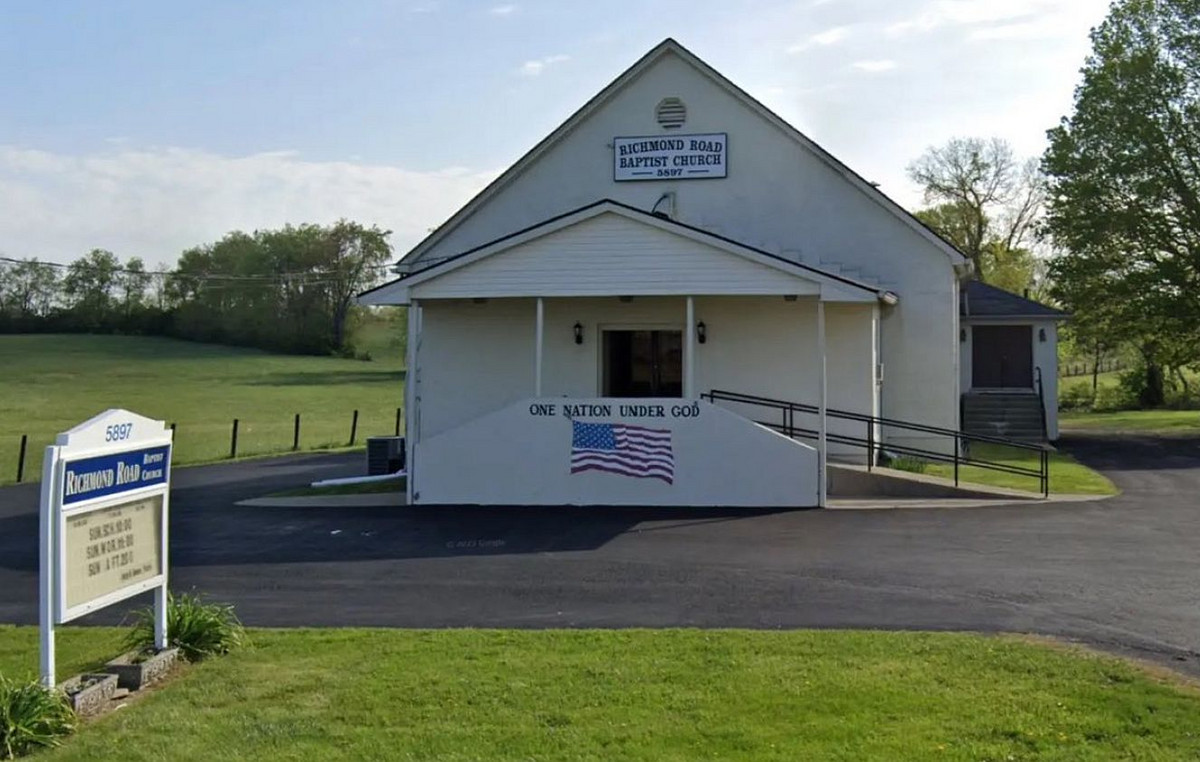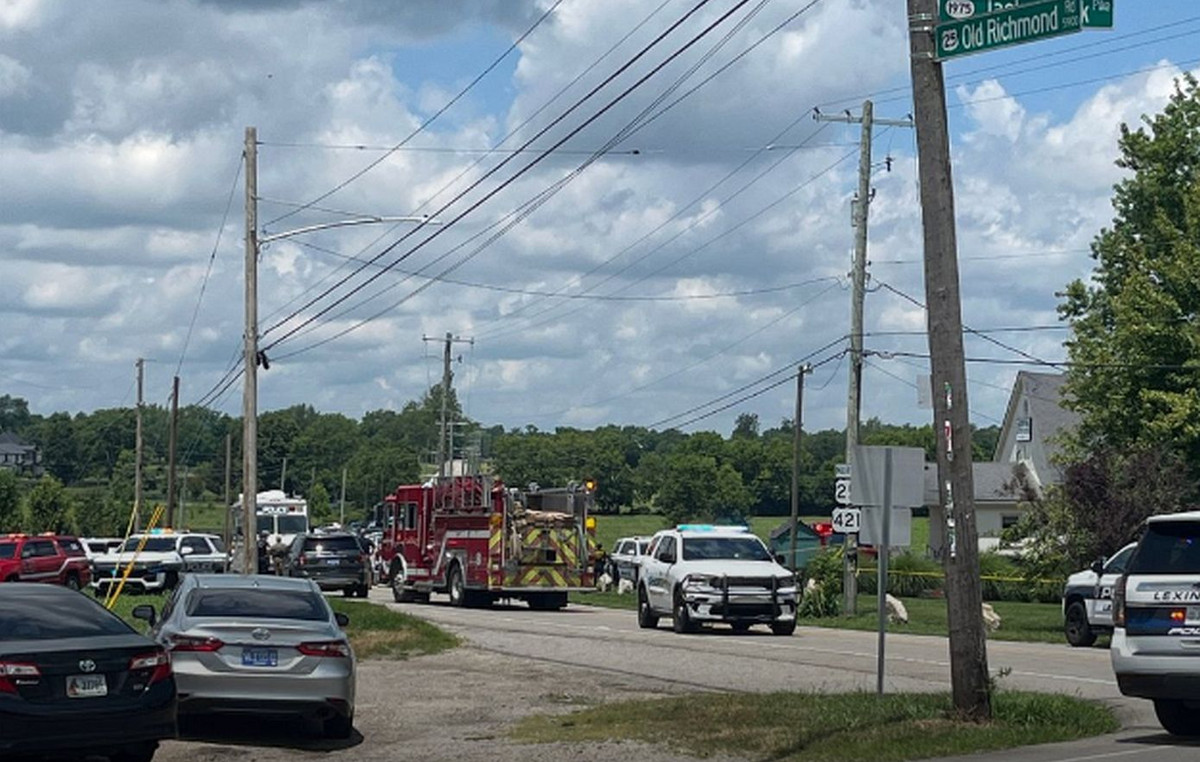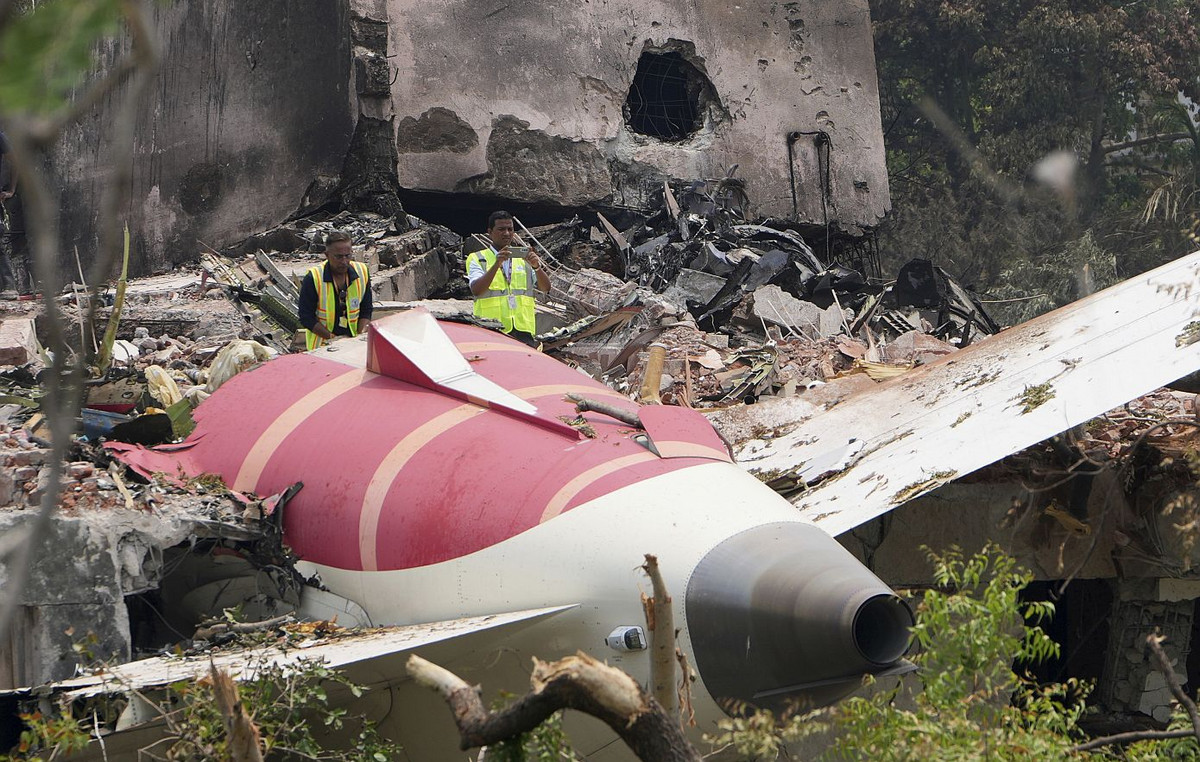Enjoy that cup of coffee while you can, as new research shows that 60% of the coffee species found in nature could soon be extinct.
Researchers at Kew Royal Botanic Gardens in the UK warn that climate change, deforestation, droughts and plant diseases are putting the future of coffee at risk.
“The important thing to remember is that coffee requires a forest habitat for its survival,” senior researcher Aaron P. Davis told CNN. “With so much deforestation happening around the world, wild coffee species are being impacted at an alarming rate.”
Davis explained that coffee plants grow in very specific natural habitats, so rising temperatures and increased rainfall caused by climate change can make it impossible to grow coffee in places where the plants tend to thrive.
“Considering the threats of human encroachment and deforestation, some coffee species could go extinct in 10 to 20 years, mainly with the added influence of climate change,” Davis said.
The study published in Science Advances — a collaboration between UK and Ethiopian scientists — says that daily coffee grinding could be heavily undermined unless governments and commercial growers increase protections for coffee species and store more seeds. Fewer coffee crops mean your morning cup can get more expensive and taste worse.
The most popular type of coffee for commercial production, Arabica, is already on the endangered species list. Davis’ previous research revealed that arabica coffee could be extinct in as little as 60 years.
But even the less common types of coffee are vital, the researchers said. Preserving a diverse crop of wild coffee plants is useful for developing commercial coffee resistant to climate change and pests.
To create genetically modified plants, researchers need to preserve several genes in coffee.
Kew scientists say that compared to other plants, it is more difficult and more expensive to keep coffee seeds alive in storage banks. Therefore, focusing on saving the coffee’s natural environment is critical.
Ethiopia recently created three new protected areas in an effort to save wild arabica coffee, according to Davis. But the study reveals that the biggest threat is coffee cultivation in Madagascar and Tanzania.
“The first thing you need to do is conserve them in the wild, so we need to improve the management of protected areas,” Davis said. “And we also need to designate new protected areas.”
Source: CNN Brasil
I’m James Harper, a highly experienced and accomplished news writer for World Stock Market. I have been writing in the Politics section of the website for over five years, providing readers with up-to-date and insightful information about current events in politics. My work is widely read and respected by many industry professionals as well as laymen.







